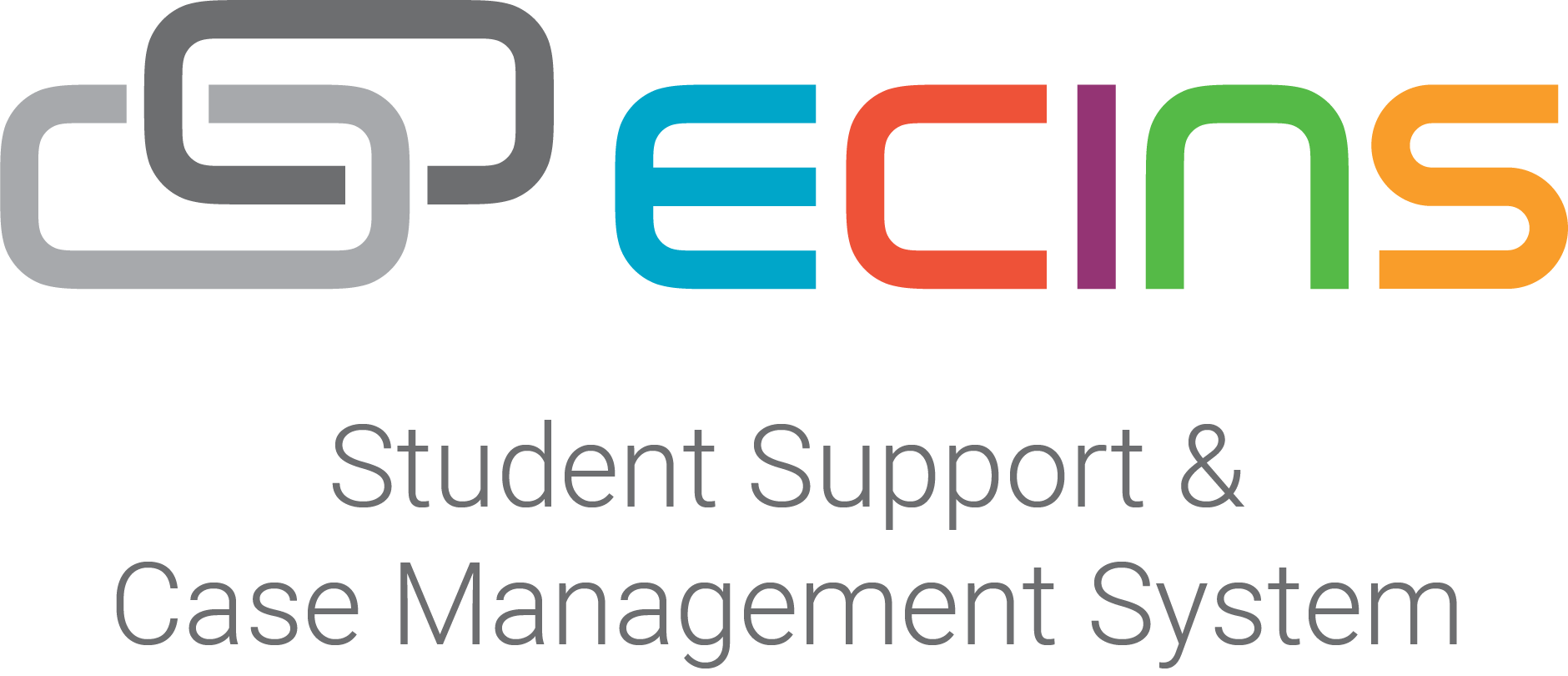1 in 16 children reported that they ‘always’ or ‘often’ felt hungry over the summer break.
While school holidays are often viewed as a time for rest and recharge, removing young people from their school environment can impact their development. For many, it’s a period of hardship.
Directing energy and resources towards identifying these issues is the first step on the path to restoring student wellbeing at the beginning of the school year.
In one study, students lost around 40% of their total scholastic progress during summer breaks over the course of 5 years. Time away from the classroom and school environment can halt academic progress and result in learning loss. Moreover, studies suggest that, whilst this can occur in all subject areas, reductions in math grades seem to be larger.
Whilst summer enrichment programs can mitigate some loss, one study suggested that only 13% of the student body participated in these sessions. Moreover, program duration and attendance levels vary.
Alongside this, students from disadvantaged backgrounds or those with certain health or educational needs may experience more significant learning loss. Educators and school professionals should understand the significance of a student’s absence over summer break and identify who needs support. It is vital to restore student confidence and ensure their wellbeing after their support system has been removed.
Summer can also have significant influence on other areas of a student’s development and wellbeing. 1 in 16 children reported that they ‘always’ or ‘often’ felt hungry over the summer break. Further, almost 1 in 6 said they felt lonely frequently across this time period.
When school is out, students lose access to vital systems, such as school meals and adult mentors. Mental and physical wellbeing has potential to decline when the school support system is no longer available. This lack of support can cause:
- Decreased nutrition
- Decreased mental health
- Decreased physical activity
- Increased screen time
- Increased feelings of isolation
- Disrupted routine
These risks are magnified for individuals from low income households, and those without safe and supportive environments. The return to school is critical — not just academically, but also socially and emotionally.
ECINS’ solutions
A student’s absence over summer is not just a learning gap; it’s a disruption to their entire support system. Therefore, ensuring student wellbeing after the summer break heavily depends on having the correct tools to give students wraparound support.
Our solutions equip school social workers and staff members with tools for re-establishing trust and rapport with students at the start of the school year, as well as reconnecting them to their support systems.
SEM
Our Student Engagement Module prioritizes the health and wellbeing of pupils. Accessible via any web browser, it gives students tools to improve their wellbeing and access support when they need it. The SEM includes the following tools:
- Mood Tracker – making trusted adults aware of concerns through students documenting their feelings; also serving as a form of therapy.
- Attendance Tracker – encouraging students to get back into the routine of attending school and additional sessions.
- Task Setter – incentivizing the completion of school work and other set tasks, for example homework set by a school social worker.
- Help & Advice Documents – providing students with relevant resources so they can educate themselves or reach out for help.
- Chat Function – interacting with students by sending updates or reminders.
- Calendar – allowing students to proactively structure their time and encourage organizational skills.
CMM
Centralizing data allows school staff to collaborate on student’s cases and identify areas that need improvement. The Case Management Module’s various features streamline the process of identifying concerns and ensuring student wellbeing:
- Pre-loaded assessments – reducing administrative load by streamlining the process of filling out assessments, such as C-SSRS and GAD-7.
- Shared case notes – enabling seamless information sharing alongside secure access permissions.
- Data visualization – presenting all inputted data in various forms to facilitate decision making by highlighting areas of concern.
- Wheel assessments – demonstrating the ways in which a student’s assessment scores have progressed through direct data comparison.
- Filters – allowing specific groups/cohorts/demographics to be analyzed and supported.
RMM
The ECINS Referral Management Module is crucial in ensuring student wellbeing after the summer break because it facilitates the identification of at risk students. It enables parents, school staff, and other professionals to submit referrals and coordinate a plan of action. Students can also self-refer.
The RMM includes a universal screener and the option to collect e-signatures to eradicate the need for paperwork entirely. It focuses on streamlining the referral process so immediate, effective action can be taken.
Early identification of problems that have arisen over summer break is vital. Academic, behavioural and emotional issues setbacks can be reduced and resolved with the correct tools in place. ECINS provides solutions for restoring student confidence, ensuring that their health and wellbeing is supported.

